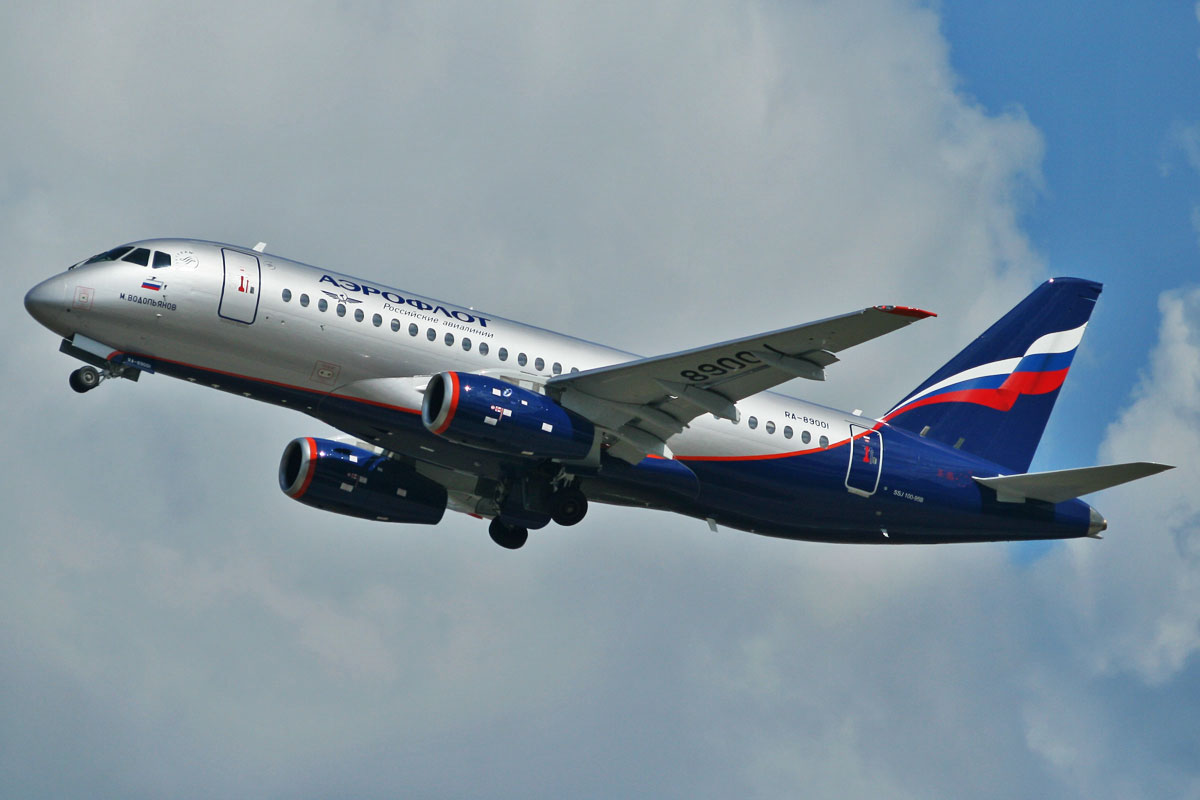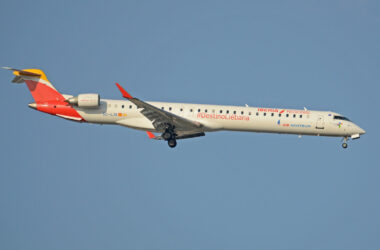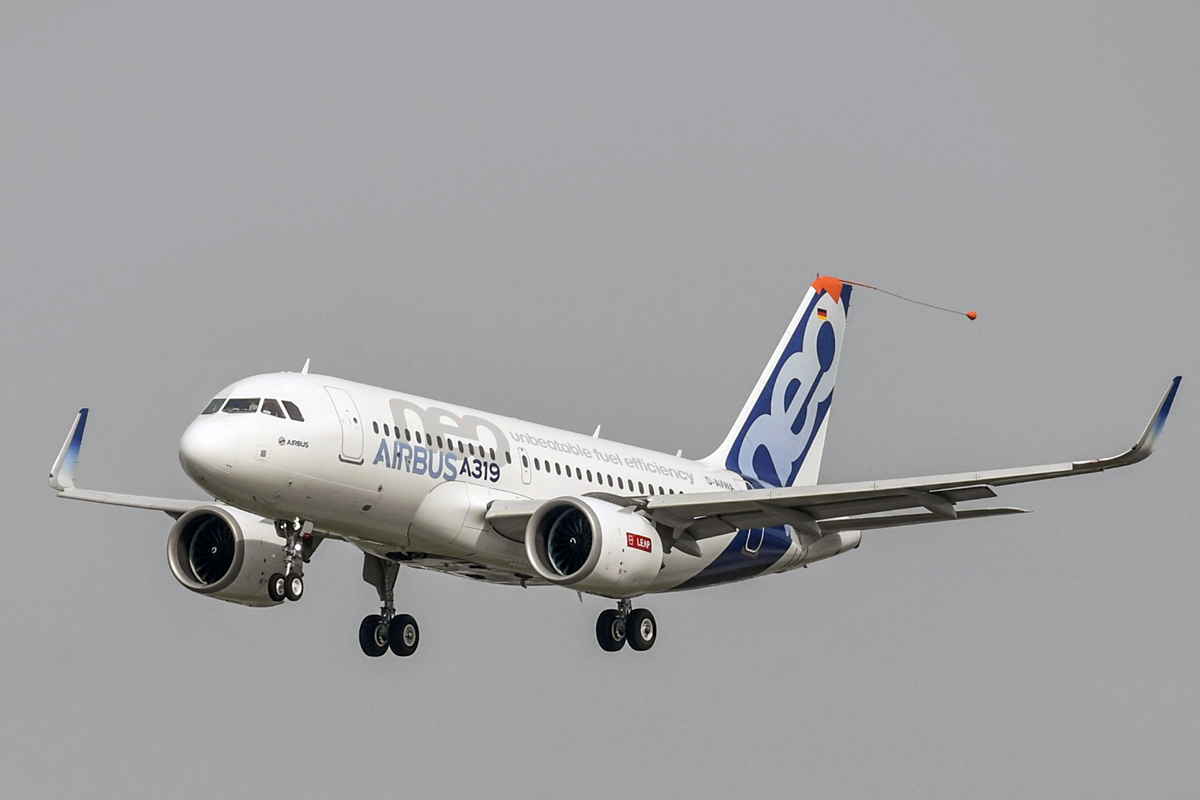The world’s first A321XLR was en route to Boston after taking off from Madrid, Spain, on Thursday. This is the debut long-haul flight for the Airbus aircraft, which can travel up to 8,700 km non-stop.
As is known, Iberia is the launch customer for the narrow-body twin-engine jet. The Spanish airline will have eight of these aircraft in its fleet and intends to use them instead of widebodies, which are more expensive to operate.
The US city is the A321XLR’s first transoceanic destination and does not require great performance from the jet, as it is only a 7-hour and 30-minute flight.

Iberia will expand its Airbus network in January when it starts flying to Washington, also in America.
Follow Air Data News: WhatsApp | Google News | Instagram | LinkedIn | Twitter | Facebook
For now, the carrier only has the A321XLR EC-OIL, received at the end of October and which operated some flights to Paris until Thursday.
Although it can carry up to 240 passengers, Iberia’s new aircraft is configured with 182 seats, 14 in business class and “full flat” and 168 in economy, equipped with 12-inch 4K screens.

“We are very proud to be the first airline in the world to start flying the A321XLR. It is an authentic success in the aviation industry. This new aircraft model allows us to strengthen our network and fly to new destinations in an efficient and comfortable way for all our customers” assures Marco Sansavini, president of Iberia.
Challenge ahead
The A321XLR brings good news to its operators as it is much more efficient thanks to its advanced engines and its low weight. But it is also an aircraft that will still need to be tested by passengers accustomed to spacious widebodies.

Although the A321LR variant already operates transatlantic flights, its new ‘brother’ will be able to go further, which means more time inside a more restricted plane.
To allow for a similar service, Iberia had to install more equipment in the galley, such as a bun warmer, an air heater that maintains the properties of food, and an espresso machine capable of preparing a cup of coffee in less than 35 seconds.
It is hoped that ultimately, operational efficiency will also mean lower fares for passengers.






